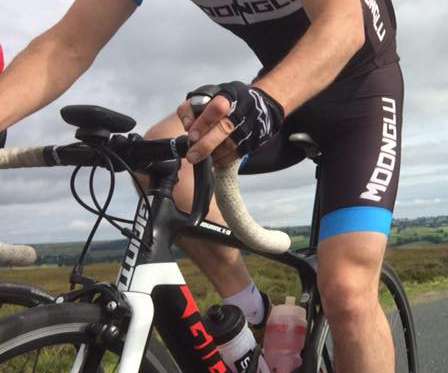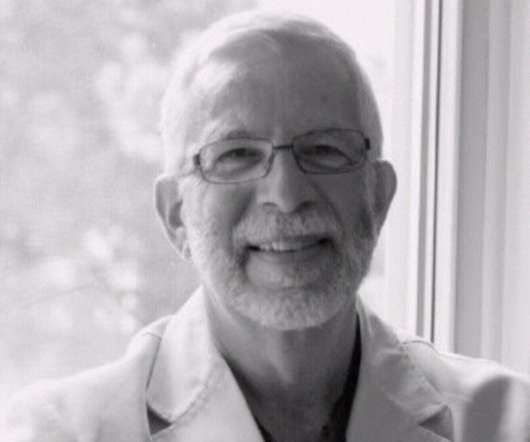Cycling for mental health research and museums
Martin Webber
JULY 30, 2016
Tomorrow I’ll be riding the Prudential RideLondon-Surrey 100 to raise money for two fantastic small charities. The McPin Foundation places the lived experience of people affected by mental health problems at the heart of research.



















Let's personalize your content